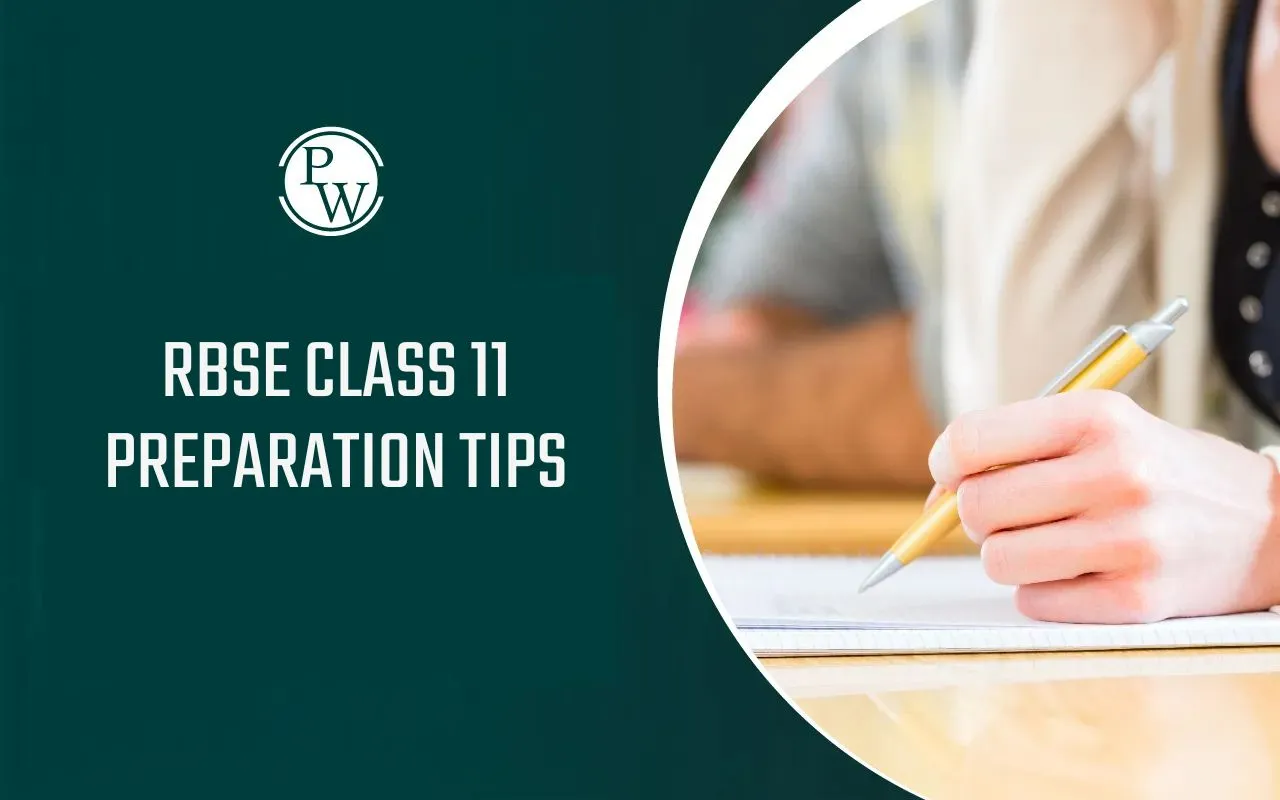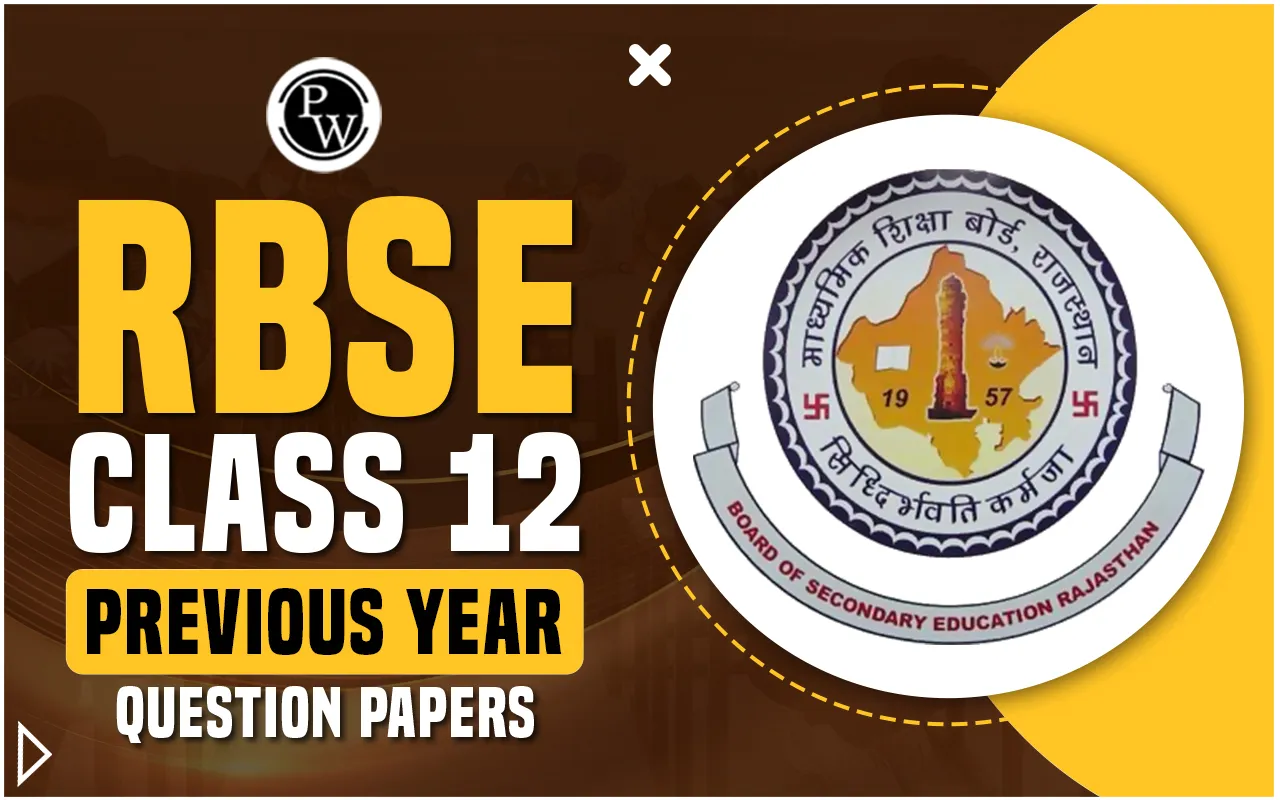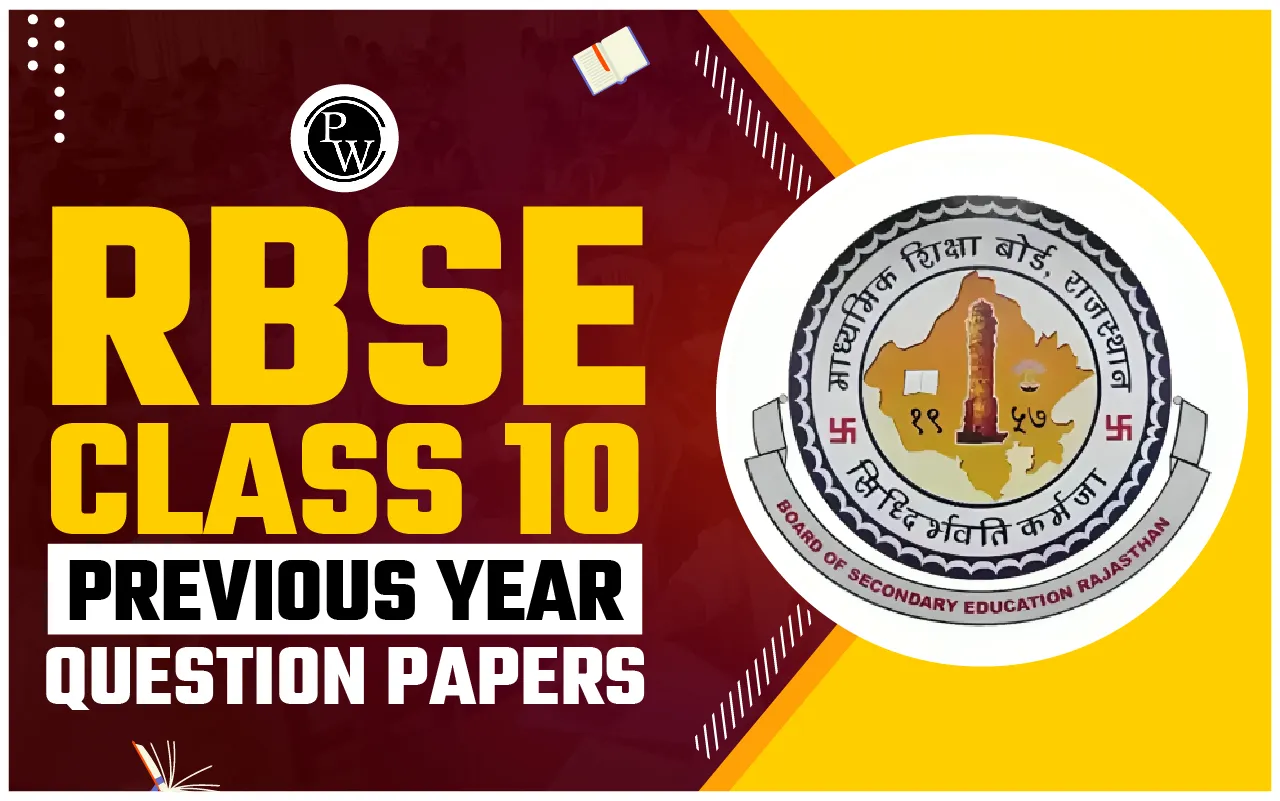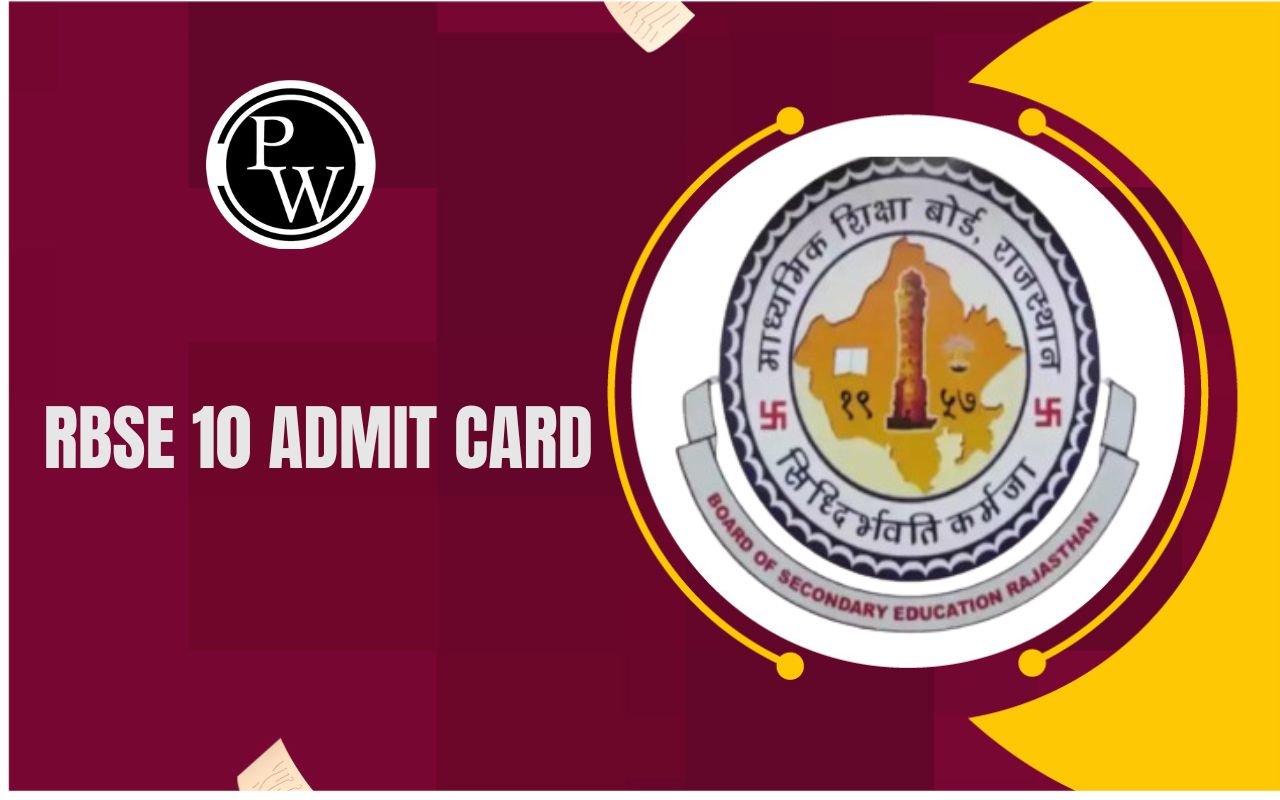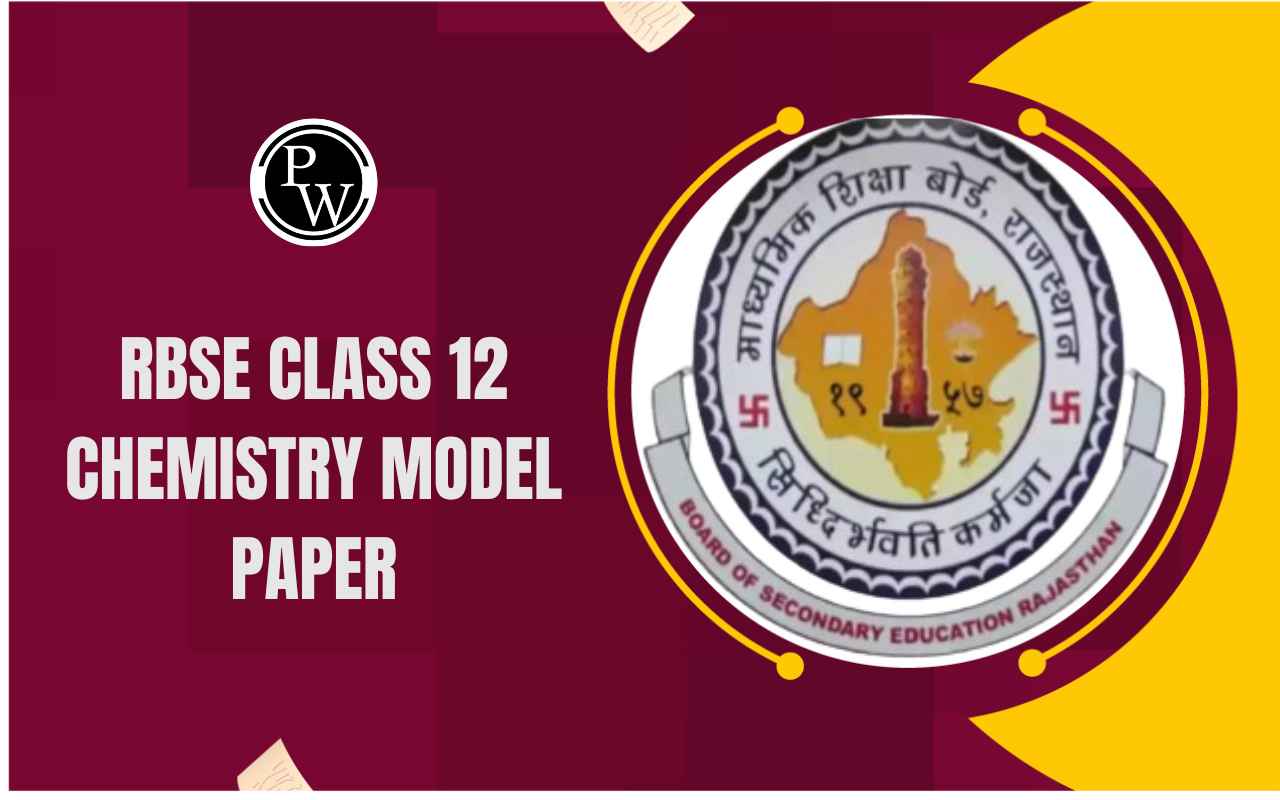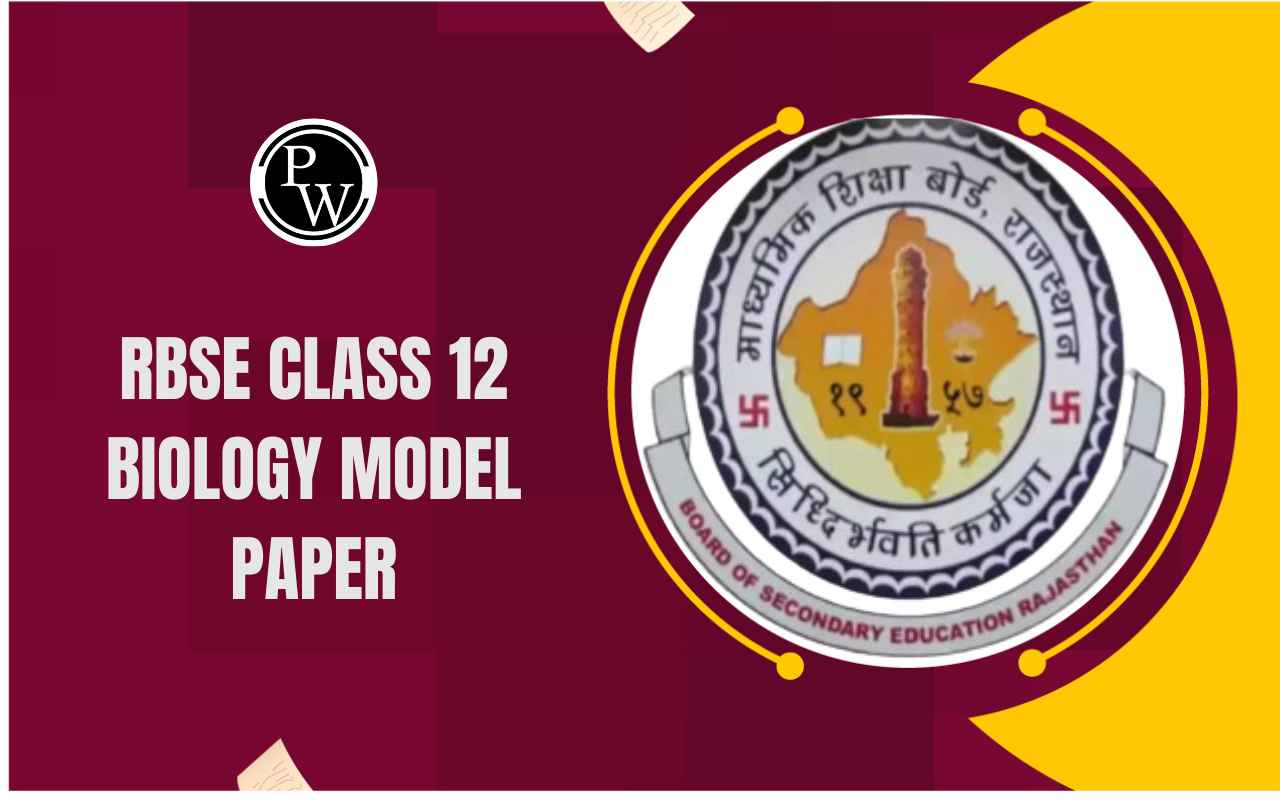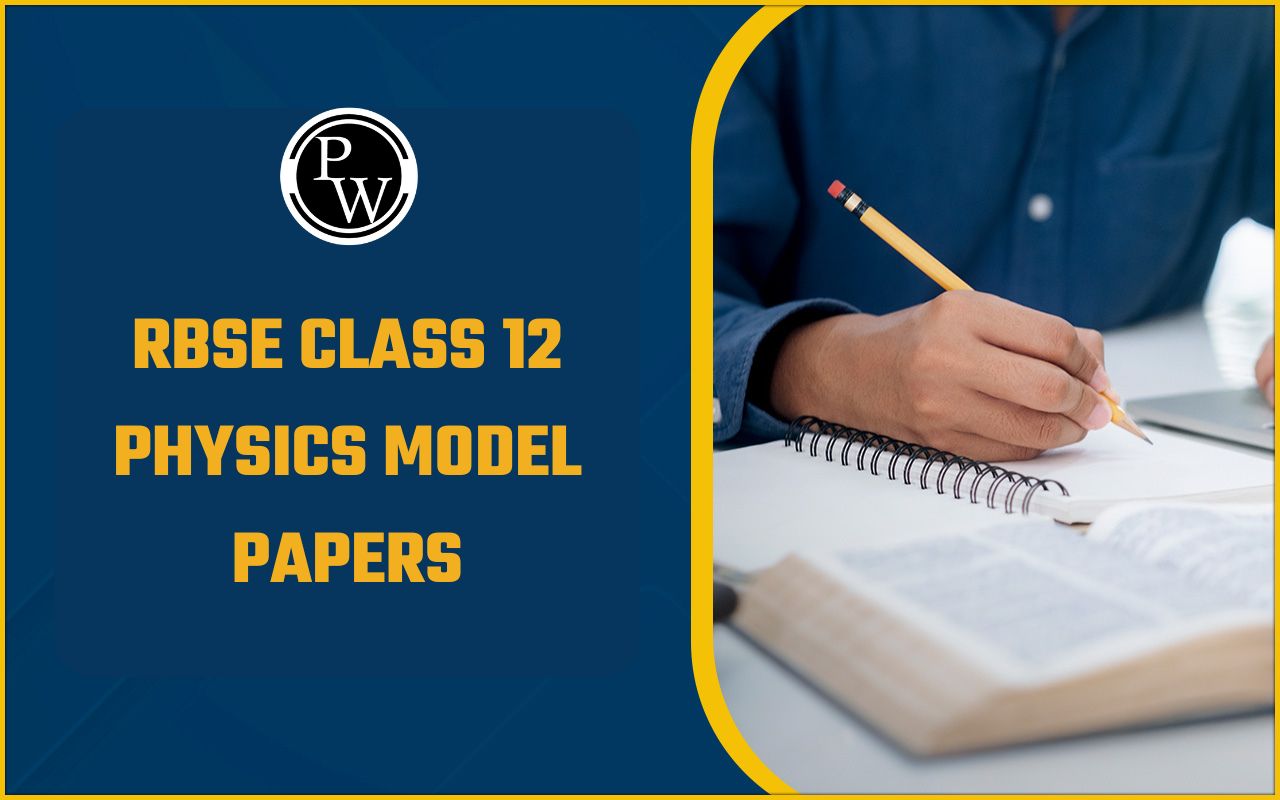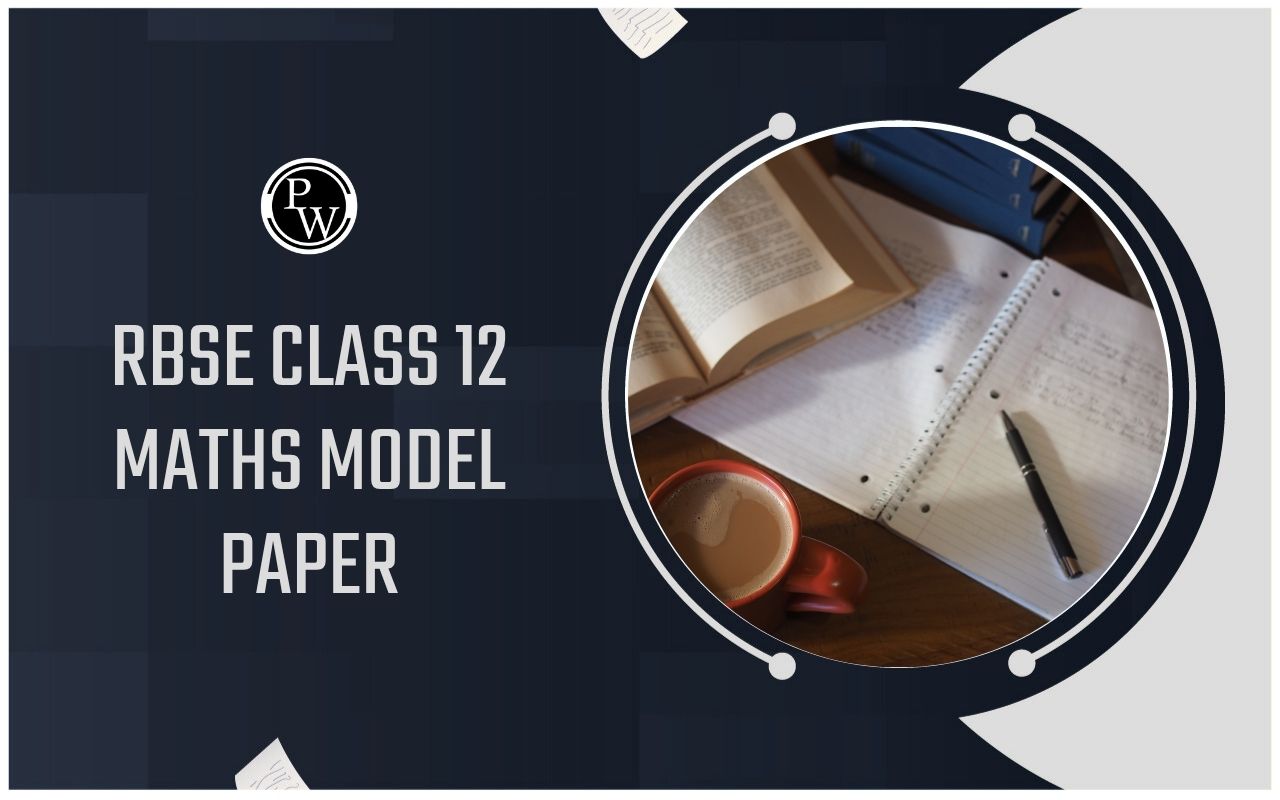
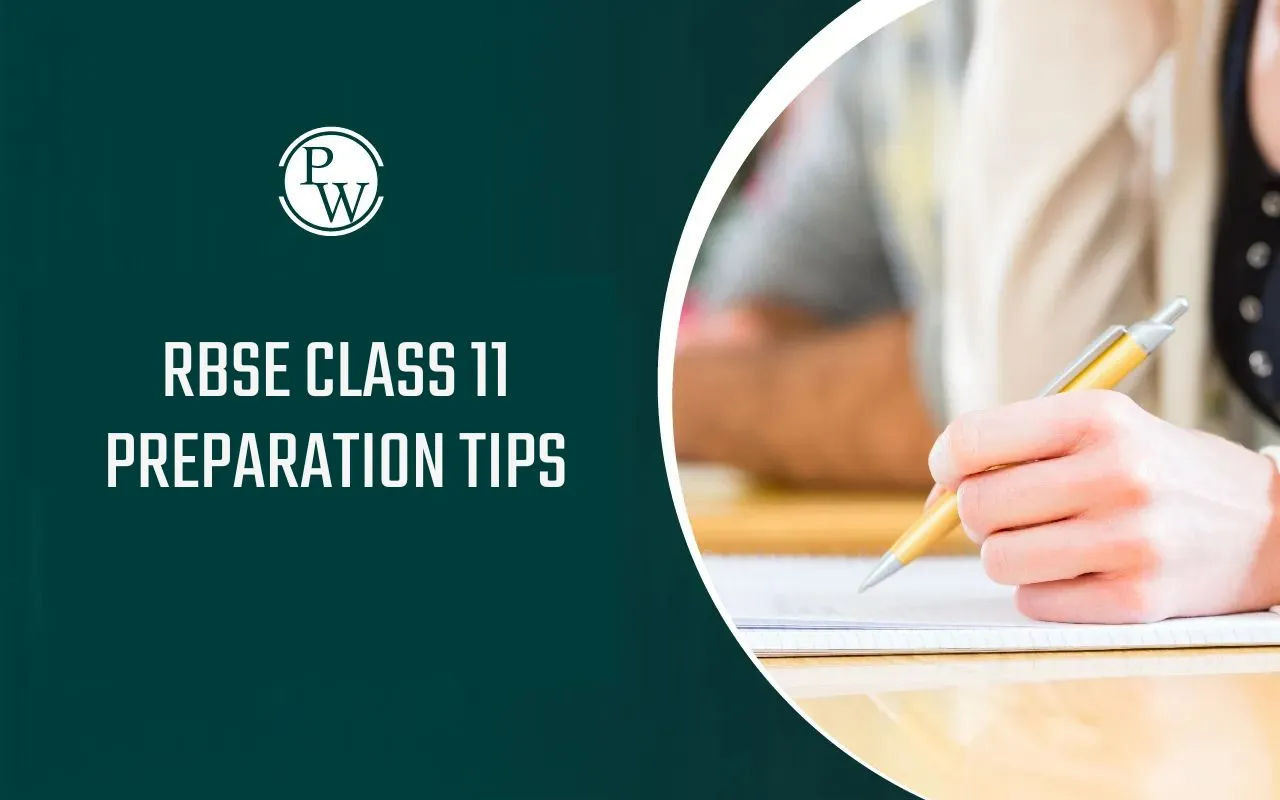
RBSE Class 11 Preparation Tips 2026 suggest to be clear about the syllabus and a schedule. It is a great idea to recommend that one concentrates on the significant points and divides the syllabus into what each student can effectively learn and into small, manageable bits. This is just closing the gap of focused revision - practice is also important, building up skill, familiarity with the style of the exam and of the questions, working on example questions, latest few years of exam papers.
Taking notes on every subject, every topic can bring much value to the learning and revision process, and clarifying the doubts, involving teachers and peers, is relevant at the outset.
Revise, reliability is not a good word only, but building confidence, time management/revising with tests/assessments is good. Being conceptually clear is always worth it and helpful before memorandum-style learning, it constructs the foundation across the curriculum document.
Understanding the RBSE Class 11 Syllabus Thoroughly
The first step to success is to know your syllabus. RBSE Class 11 syllabus in 2026 includes such subjects as Physics, Chemistry, Mathematics and Biology, which will help you develop your background knowledge. Ensure that you have the latest syllabus and ensure that you read through all the chapters.
This will assist you in concentrating on relevant issues and using time effectively. Organize your books based on their weight, and also you should give priority to those subjects that have more marks. Good syllabus knowledge can make sure that your preparation tips in class 11 remain on track and directed towards exams.
Create a Structured Study Schedule and Stick To It
In effective preparation, time management is a very important aspect. Planning out a sensible, laid-out study plan will take the pressure off your shoulders so you can go through the syllabus feasibly. Divide all the subjects into tiny topics and set a limit of the hours per day.
This will assist in maintaining consistency and the elimination of last-minute cramming. Ensure that the time is divided between revision and solving old question papers of previous years. To stay alert and enthusiastic, it is also important to include breaks and leisure time in your schedule. Regularly following of your schedule is another important class 11 preparation tip to maintain a gradual improvement.
Adapt a Structured Approach
RBSE Class 11 syllabus does not promote memorization but conceptual learning. Pay attention to the theories, formulas, and principles underlying every topic. In the case of science and maths, solve problems regularly and practice solving numerical problems to develop problem-solving skills.
Clarity of concepts assists you in solving difficult problems and adjusting to new problems in exams. Attempt to describe complicated things in your own words or create mind maps to see ideas more clearly. This is among the best 11th-class study tips that ensure the retention and confidence of any written work in the long run.
Key Strategy for RBSE Class 11 Preparation Tips 2026
Here are the preparation strategy for the RBSE Class 11 subject wise structured approach-
-
For Physics, Chemistry, and Biology: Build conceptual clarity by mapping each chapter’s core principles. Instead of memorizing facts, focus on application-based questions—solve numerical problems for Physics, make reaction flowcharts for Chemistry, and use diagrams for Biology. Master practicals by performing lab work and writing observations precisely.
-
For Mathematics: Tackle each unit (sets, trigonometry, calculus) by first understanding theory, then solving progressively complex problems. Create error logs: Document mistakes to identify patterns and weak areas. Practice derivations and proofs—reasoning through each step, not just copying solutions, will boost logical thinking.
-
For Social Sciences: Build chronological timelines for History. In Geography, use self-made maps and label physical features. For Political Science, debate key concepts aloud and relate chapters to current affairs. In Economics, track formulas and interpret graphs; connect theories to real-world examples.
Integrated Exam Techniques
Here are the exam techniques students should aware of while doing their preparation-
-
Cross-Topic Revision: Frequently review how chapters interlink, especially between similar subjects (like integration in Maths and Physics, or genetics in Biology that links to Chemistry).
-
Task-Specific Practice: Solve sample and previous year papers under timed, exam-like conditions to improve speed and accuracy. Analyze the marking scheme—focus on high-weightage units and commonly asked question formats.
-
Active Recall and Spaced Repetition: After first learning a topic, attempt to recall and summarize from memory after a day, a week, then a month. Use flashcards or mind maps for visual reinforcement.
Revise Regularly and Test Yourself
Revising is crucial for reinforcing your learning and improving your memorization. You should set aside time every week to substantively revise topics you have covered before. Include revision and working through samples and past paper questions, to get a feel for the question structure and pacing.
Taking mock tests allows you to identify weak points early and become more accurate during exam conditions/exams. Regular self-testing will build your exam temperament and lessen anxiety, an important 11th-class preparation tip for success in RBSE exams.
Maintain a Healthy Lifestyle and Mindset
Your physical and mental well-being strongly influences academic performance. Maintain a balanced diet, get adequate sleep, and include some physical activity or hobbies in your daily routine to keep stress levels low.
Avoid distractions like excessive screen time and stay motivated by setting small, achievable goals. Building a positive mindset towards studies encourages consistency and discipline, helping you stay focused on your RBSE Class 11 preparation journey.
RBSE Class 11 Preparation Tips 2026 FAQs
What are some useful class 11 preparation tips for long-term success?
How can I improve my class 11 PCM study tips for the Rajasthan Board?
What strategies work best for 11th-class study tips in RBSE exams?
How important is practicing previous year papers in RBSE Class 11 preparation?

